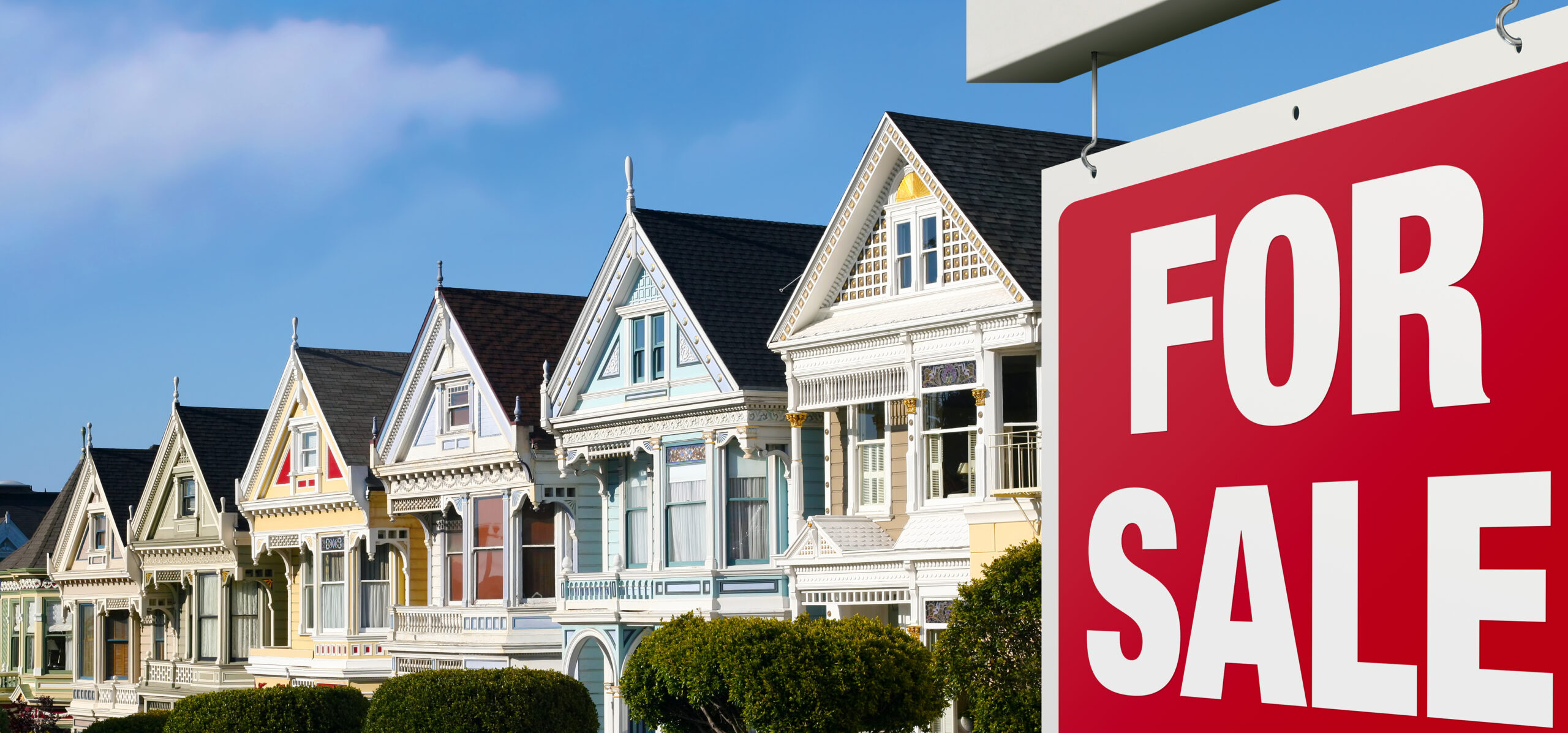San Francisco’s residential vacancy rate is around 13% to 15%. Tens of thousands of housing units are unoccupied. Some might see this as merely the natural order of things, the market response to the conditions on the ground. But politicians, and a majority of voters – 54% – believe it’s a solution to the homelessness crisis waiting to be leveraged. So the law now says these empty spaces must be taxed and their owners punished.
When voters approved the Empty Homes Tax through Proposition M in November 2022, they set in motion a regime that, beginning in April 2025, the “owners of vacant residential units in buildings with three or more units” will be hit with an assessment “if those owners have kept those units vacant for more than 182 days in a calendar year.”
To kick things off, the tax will range from $2,500 and $5,000 per open unit, depending on size. It will eventually spike to $20,000 in later years; adjustments will be made for inflation.
The grand promise is that the tax will generate at least $20 million in annual revenues and maybe as much as $37 million. The funds would be applied to “rent subsidies and affordable housing.”
In response to a threat direct threat to their financial well-being, the San Francisco Apartment Association, the San Francisco Association of Realtors, the Small Property Owners of San Francisco Institute and four independent owners sued in February, contending, reports the San Francisco Chronicle, that the proposition “violates their right to keep their property vacant and is an unconstitutional confiscation of their property.”
While City Attorney David Chiu has not responded to the claim that the tax is invalid, he has, says the Chronicle, argued “that the suit is premature because the tax has not yet been imposed.”
Superior Court Judge Charles Haines, however, holds a different opinion, and unlike Chiu’s, it’s the one that counts. He ruled on Dec. 20 that the plaintiffs “may obtain a declaration on (the) essential validity of the tax without payment of the not-yet-accrued tax,” and the lawsuit can go forward.
The city has tried to villainize the owners, treating them as robber barons who deserve to have their property taxed, and, in a sense, seized for public purposes. Of course they never looked within, or anywhere else, to understand why the units are vacant.
But PRI’s Steven Greenhut has.
“Inquiring minds would like to know why property owners would forgo $42,000 a year in income to allow them to sit empty” in a city where the median monthly rent “is just shy of $3,500,” he says. “How many investors buy property and then pay taxes, insurance, utilities and maintenance for the heck of it?”
As he sees it, the problem is that “many San Francisco property owners are afraid that once they let someone into their property, they’ll never get them out” due to the city’s “stringent rent controls, eviction restrictions and tenant protections – along with a Rent Board that almost always sides with tenants.”
As usual, a California city responded to a real problem with the wrong remedy. Yes, it was voters who approved the vacancy tax, and it was placed on the ballot via a signature petition. But the measure “was sponsored by the Democratic Socialists of America and Supervisor Dean Preston, who has blocked the construction of thousands of homes, many of them affordable,” the Small Property Owners of San Francisco Institute complains.
In other words, the hard job of making sound public policy was bypassed in favor of an easier process that furthers a hard-left political agenda which recognizes property rights only when doing so benefits the movement. San Francisco is a terrible thing to waste but it seems its progressives have exactly that in mind.
Kerry Jackson is the William Clement Fellow in California Reform at the Pacific Research Institute.

